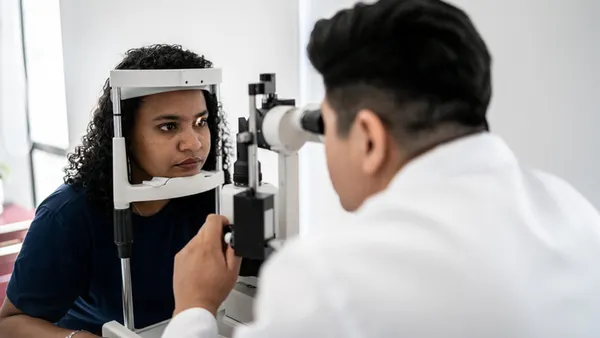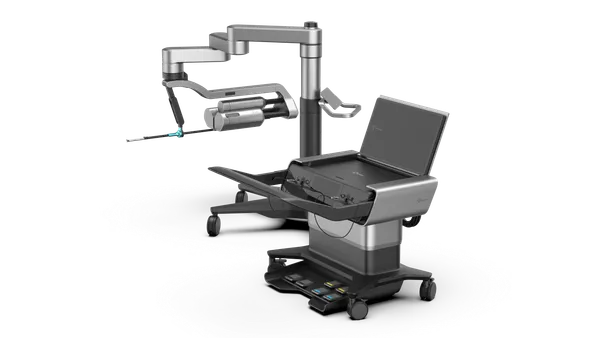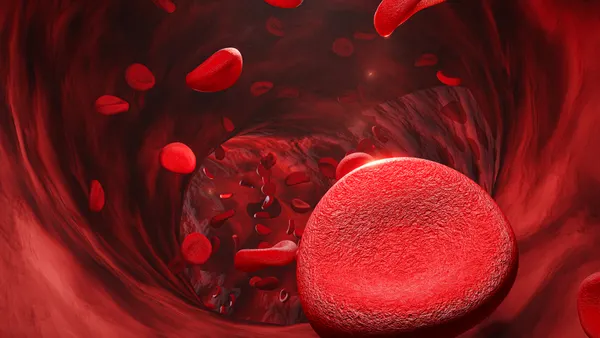Dive Brief:
- The U.K. government issued an update on its contingency planning if no deal is reached by March 29, 2019 for the country to remain part of the EU medicines and medical devices regulatory networks.
- The Department of Health and Social Care said the flow of medicines and medical devices at the EU border could be reduced for up to six months in a "worst-case scenario." Border delays would most likely occur on the straits crossings into Dover and Folkestone.
- Medicines and medical products have been prioritized on alternative routes to maintain access to these supplies for U.K. patients after March 29, the government said.
Dive Insight:
U.K. companies have been dealing with uncertainty about how Brexit will affect trade with the EU since the referendum vote more than two years ago. A vote on British Prime Minister Theresa May’s Brexit deal was called off Monday and she faces a no-confidence vote later on Wednesday in Parliament.
A survey of 2,530 U.K. companies conducted in August by the British Chambers of Commerce found one in five businesses (21%) will cut investment plans if no deal is reached with the EU to address future terms of trade, 20% will move part or all of their business to the EU and 18% will cut recruitment.
U.K. health minister Matt Hancock in August wrote a letter to medical device suppliers asking those that source products from EU countries to review their supply chains and determine steps to continue to provide products if the U.K. leaves the EU without a deal.
In the health department's update, Hancock said the government has now started to stockpile medical supplies through its national logistics and procurement operations. The health department is also developing measures to maintain movement of products into the U.K. from the EU on short notice.
"The government recognizes the vital importance of medicines and medical products and is working to ensure that there is sufficient roll-on, roll-off freight capacity to enable these vital products to continue to move freely in to the UK," Hancock wrote. "The government has also agreed that medicines and medical products will be prioritized on these alternative routes to ensure that the flow of all these products will continue unimpeded after 29 March 2019."
A corresponding letter was also sent to suppliers of medicines, Hancock said.
About 90% of medicines imported by the U.K. and the Republic of Ireland come in through Dover, according to the BBC.








